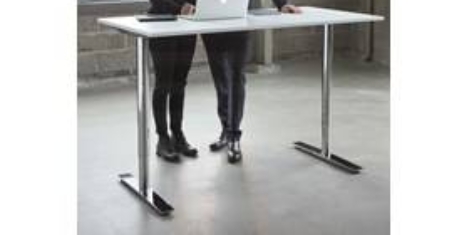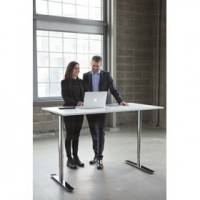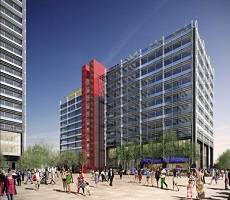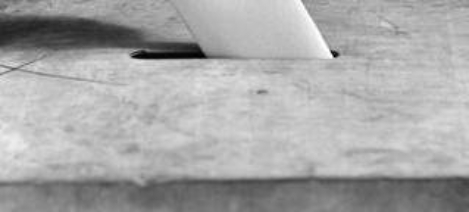May 12, 2015
Commuting costs the UK £148 billion annually, claims new report
 In spite of the growth of flexible working in the UK, commuting to an office each day costs British workers and the national economy some £148 billion annually. That is the key finding of a new report from recruitment firm Randstad. The study claims that an average commute for staff in the UK covers around 22 miles, taking around 43 minutes. The report claims that the time spent commuting continues to increase as people move further away from their main place of work, especially in the South East and North West of England. London workers – unsurprisingly – spend more than anybody else on commuting. There are also major differences across sectors with the workers in financial services, accountancy and IT industries subject to the most costly commutes.
In spite of the growth of flexible working in the UK, commuting to an office each day costs British workers and the national economy some £148 billion annually. That is the key finding of a new report from recruitment firm Randstad. The study claims that an average commute for staff in the UK covers around 22 miles, taking around 43 minutes. The report claims that the time spent commuting continues to increase as people move further away from their main place of work, especially in the South East and North West of England. London workers – unsurprisingly – spend more than anybody else on commuting. There are also major differences across sectors with the workers in financial services, accountancy and IT industries subject to the most costly commutes.






























May 11, 2015
Does declining productivity spell the end for IT and property directors?
by John Blackwell • Comment, Facilities management, Property, Technology, Work&Place
(more…)